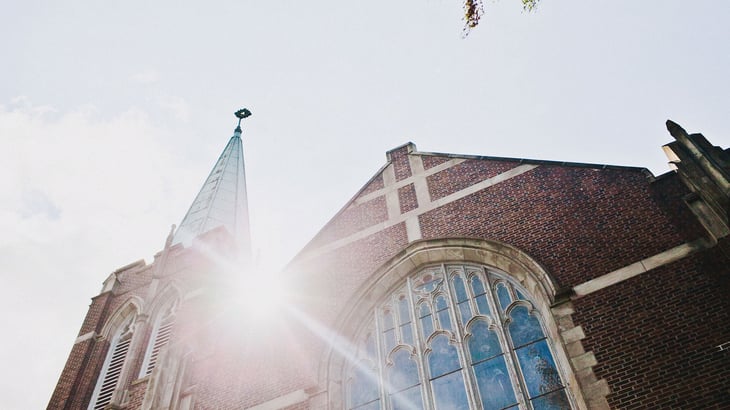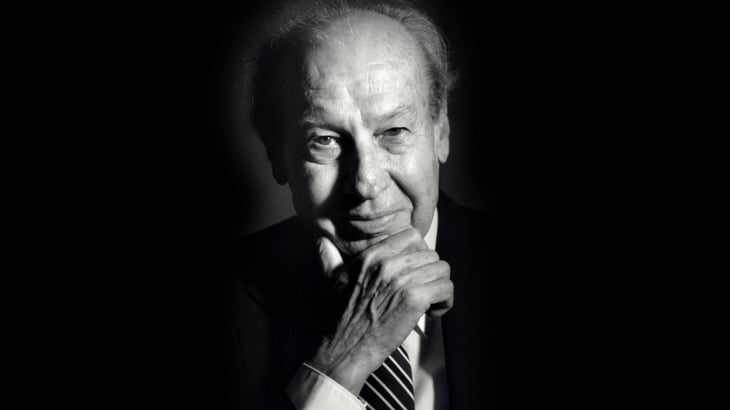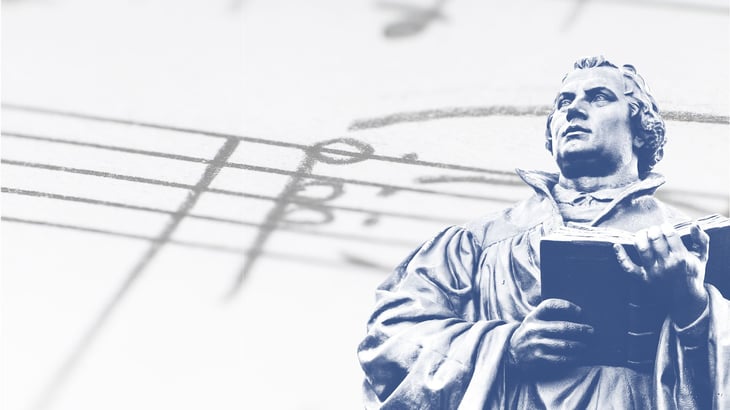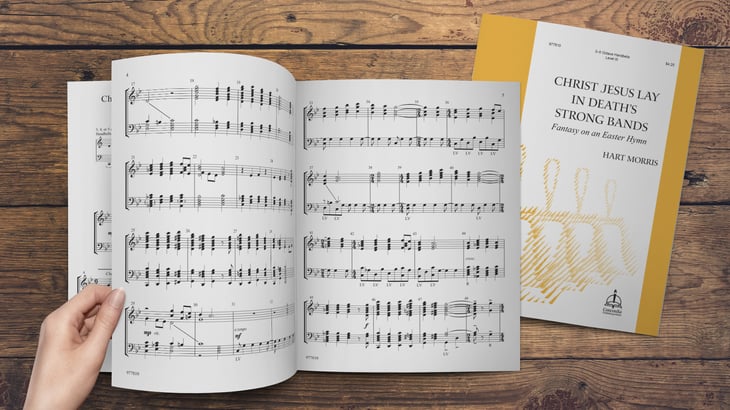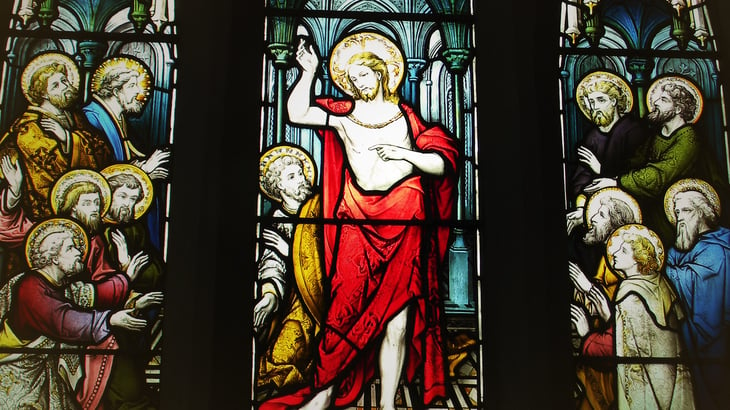Musical Literacy, Sightreading, and the Church
Can you comprehend a world without literacy? Think for a moment about a world in which only a small percentage can read and a smaller percentage can read well. If we church musicians also consider music essential to life, should we not also consider music literacy, especially in the form of sightreading, an indispensable skill for any budding, and accomplished, musician?
The Rhythm of Worship
You know your relationship is going really well when one of you says, “Can we do this for the rest of our lives?” This is more than just a perfect date or that thirtieth wedding anniversary vacation to Hawaii. Those are good times too, but it’s really wonderful when an ordinary day together that ends with macaroni and cheese leaves you saying, “Can we do this forever?”
Reflecting on Holy Week Music after Easter
Holy Week, that crowning week of the Church Year taking us through the Passion of our Lord to His glorious resurrection, has passed and with it some of the most beautiful and wonderful music many of us hear in church during the year. I invite you to take a moment to reflect on that music and to revel in your recollection.
Remembering Jaroslav Vajda
When Jaroslav Vajda wrote a quick hymn text to fill a space in the magazine he edited, he didn’t know he was opening the floodgates for decades of hymn writing. This is the story of how this parish-pastor-turned-editor became one of the most beloved hymnwriters of contemporary Lutheranism.
How Easter Got Its Calendar Date
This post is adapted from The Year of the Lord by Theodore J. Kleinhans.
Just as the first Easter set the pattern for Sunday, so it also set the pattern for the Church Year. An event of such significance as the resurrection soon formed a natural focus for the entire year. No wonder one of the Church Fathers called it the festival of all festivals—the festum festorum.
Why Music Is Important in Church According to Luther
This post is an excerpt from Luther on Music: Paradigms of Praise by Carl F. Schalk.
No one considering the development of worship and church music in the Lutheran church of the sixteenth century can avoid facing squarely the pivotal role played by Martin Luther. He was important, however, not only because he was the focal point of a new theological movement. He stood, as well, at the center of a new musical movement that was to affect profoundly the church that would come to bear his name.
Music of the Month: Christ Jesus Lay in Death’s Strong Bands
Hart Morris’s arrangement of “Christ Jesus Lay in Death’s Strong Bands” is a Level III piece scored for 3–5 octave handbells. With roots in the Ancient Church and strong theological undercurrents, the piece is well placed on Easter Day or any Sunday during the Easter season.
Why Certain Hymn Texts Endure
I live right outside Washington, DC, a transient area where a two-year resident is practically a seasoned veteran. This area recalls the constant movement of our culture and the idea that things simply do not last or even last long. In this day of discarding the barely used for the brand new, how do we ensure that our artistic endeavors in the Church last? Specifically, how can our hymn texts survive a rapidly changing culture?
Keeping Church Reverent
Our culture often promotes relaxed and casual attitudes toward church, urging that a church should be a place where you feel welcomed and comfortable and where you can enjoy your favorite songs while sipping your favorite latte. As appealing as this sounds, why should we strive to keep church and worship reverent? What does music have to do with it?
Last-Minute Music Selections for Lent and Easter
Lent has started and Easter is quickly approaching! If you’re scrambling to find music selections for your church, don’t worry—there are tons of options available. Browse the list below to discover pieces that will work for the musicians at your church. Explore pieces for organ, handbell, choirs, and instrumentalists (with or without choral accompaniment).


